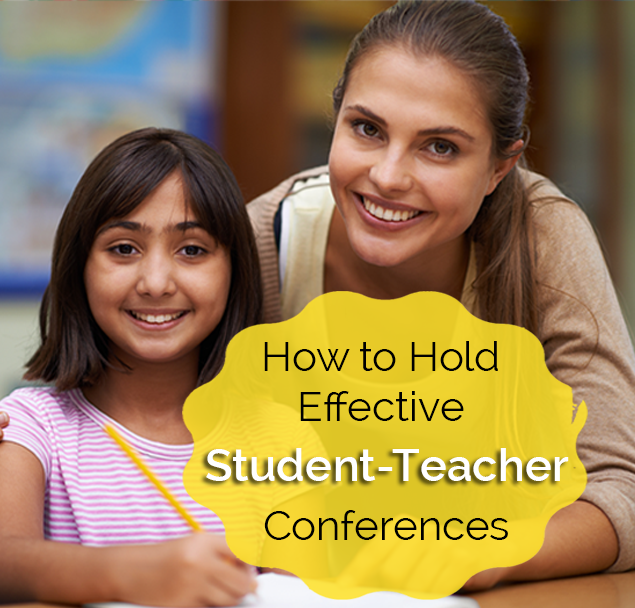Effective Student-Teacher Conferences
Posted by Network Support · Leave a Comment
Student-teacher conferences are a great way to connect with and understand students better. These meetings provide a platform to work with students and reflect on their interests, performances and progress. Student-teacher conferences empower students to identify, plan and set their own learning goals. Typically these conferences are short (5-15 minutes) and when conducted on a regular basis, have numerous benefits, the greatest being that it stimulates higher academic performance and student accountability.
The following are a few factors that contribute to an effective student-teacher conference:
1. Pre-planned conferences: Plan a schedule ahead of time. It is helpful to have a schedule that allows time for every student to meet with the teacher. This preplanning also helps teachers prepare for each conference individually. Students can be informed of the schedule to give them the chance to prepare their concerns and comments as well. Having this time already set aside will ensure that every student has the chance to grow and learn from one-on-one instruction.
2. Checklists: Creating an objectives checklist at the start of the year will ensure that all the important topics are addressed with every student. For example, the objectives may include identifying student interests, discussing various problem areas, incorporating strategies and etc. Students can also be given a feedback form to note down feedback or other instructions that were discussed. They can use these as review notes to help remember what they need to work on.
3. Participation: Student-teacher conferences are only successful when there is active participation by the student. These conferences do not have to always be initiated or directed by the teacher. Teachers can encourage or invite students to lead the conference, but ensure that the objectives are still covered. Students should be given the opportunity to address their concerns and issues as well. Active participation translates to increased motivation to perform.
4. Stimulate reflection: It may seem easy to say, “these are your problem areas, and you need to work on them.” But it is the least effective approach to solving issues with students. On the other hand, asking questions like “what do you feel is the problem? Or what can you do to improve this situation?” stimulates self-analysis and reflection and encourages students to come up with their own solutions to their problems. Promoting self-reflection also helps students to face future challenges with confidence.
5. Be specific and clear: While there may be multiple problems or concerns to address, it is best to address only one or two problems in a session so students can focus on improving in these areas. It is always helpful to have an end result in mind for the conference. For example, if a teacher is addressing a problem, be sure to help the student find solutions or provide solutions that they can try out later on their own. Ending the conference with no clear instructions will leave the student lacking any clear path to better success.
6. Document the conferences: Documentation of the conferences will help measure a student’s progress after a particular duration of time. Documentation also provides information when a particular problem re-emerges or if new strategies need to be tried. It helps with research, serves as evidence for supporting the use of student-teacher conferences, and can be used to showcase the student’s progress in parent-teacher meetings.
7. Be positive: Most importantly ensure that the conference is a positive experience for both parties involved. It is important to provide the student with positive feedback and instill them with motivation and a sense of accomplishment at the end of the conference. Teachers should reaffirm their confidence in the student’s abilities, so that it enables them to strive towards higher academic excellence and personal performance.
Student-teacher conferences are an effective platform to communicate, connect, and motivate students.





